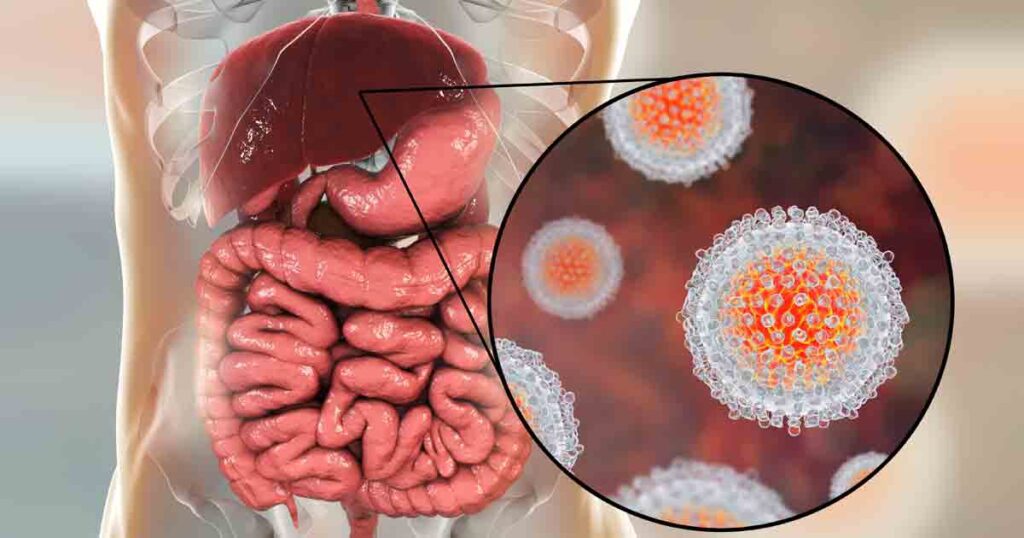The World Health Organization (WHO) has announced that Egypt has reached the coveted ‘gold tier’ status, making it the first nation to meet the WHO’s programmatic coverage targets for hepatitis C elimination.
This accomplishment places Egypt on a trajectory to achieve reduced incidence and mortality targets, effectively ending the hepatitis C epidemic in the country before 2030.
Globally, approximately 58 million people live with chronic hepatitis C infection, a disease that can lead to severe liver issues and cancer if left untreated. While there is no vaccine for hepatitis C, the disease can be cured through highly effective, short-course treatments lasting eight to 12 weeks. Alarmingly, four out of five individuals with hepatitis C worldwide are unaware of their infection.
“Egypt has diagnosed 87 per cent of people living with hepatitis C and provided 93 per cent of those diagnosed with curative treatment, exceeding the WHO gold tier targets of diagnosing at least 80 per cent of people living with hepatitis C and providing treatment to at least 70 per cent of diagnosed people,” the statement read.
This remarkable achievement follows a robust national effort that transformed Egypt’s standing from one of the world’s highest rates of hepatitis C infection to one of the lowest, reducing the prevalence from 10 per cent to a mere 0.38 per cent in just over a decade.
Egypt initiated its journey to eliminate hepatitis C by establishing the National Committee for Control of Viral Hepatitis in 2006. Then, in 2014 and reinforced in 2018, Egypt launched the “100 million seha” (100 million healthy lives) campaign, offering free testing and treatment for hepatitis C.
This campaign tested over 60 million people and successfully treated more than 4.1 million individuals. The utilization of locally manufactured direct-acting antiviral treatments played a pivotal role in achieving a remarkable 99 per cent cure rate among those who received treatment.
Moreover, Egypt improved patient safety practices, embracing the concept of “doing no harm” by implementing universal injection safety, blood safety procedures, and harm reduction.
Praising Egypt’s achievement, WHO Director-General Dr Tedros Ghebreyesus stated, “Egypt is an example to the world of what can be achieved with modern tools and political commitment at the highest level to use those tools to prevent infections and save lives. Egypt’s success must give all of us hope and motivation to eliminate hepatitis C everywhere.”
Dr Ahmed Al-Mandhari, WHO Regional Director for the Eastern Mediterranean, emphasized that Egypt’s success reflected the essence of the regional vision and called for solidarity and action.
“This milestone coincides with the 75th anniversary of WHO this year and is a clear embodiment of its vision: improving public health and achieving health for all,” said WHO Representative in Egypt, Dr Naeema Al Gasseer.
“I have witnessed first-hand the extraordinary efforts that the Ministry of Health and Population has undertaken during the past decade to eliminate this public health threat. The Ministry has been driven by the highest political commitment and by solidarity, equity, and inclusion to provide services to everyone living in Egypt, without discrimination and as a universal human right.”
WHO continues to work closely with Egypt, offering technical guidelines and tools for a human rights-based approach to hepatitis C diagnosis and treatment. The organization advocates for the inclusion of vulnerable groups such as refugees and migrants in the campaign and supports capacity-building for health workers. Awareness campaigns aimed at reaching communities also form an integral part of WHO’s ongoing support.


